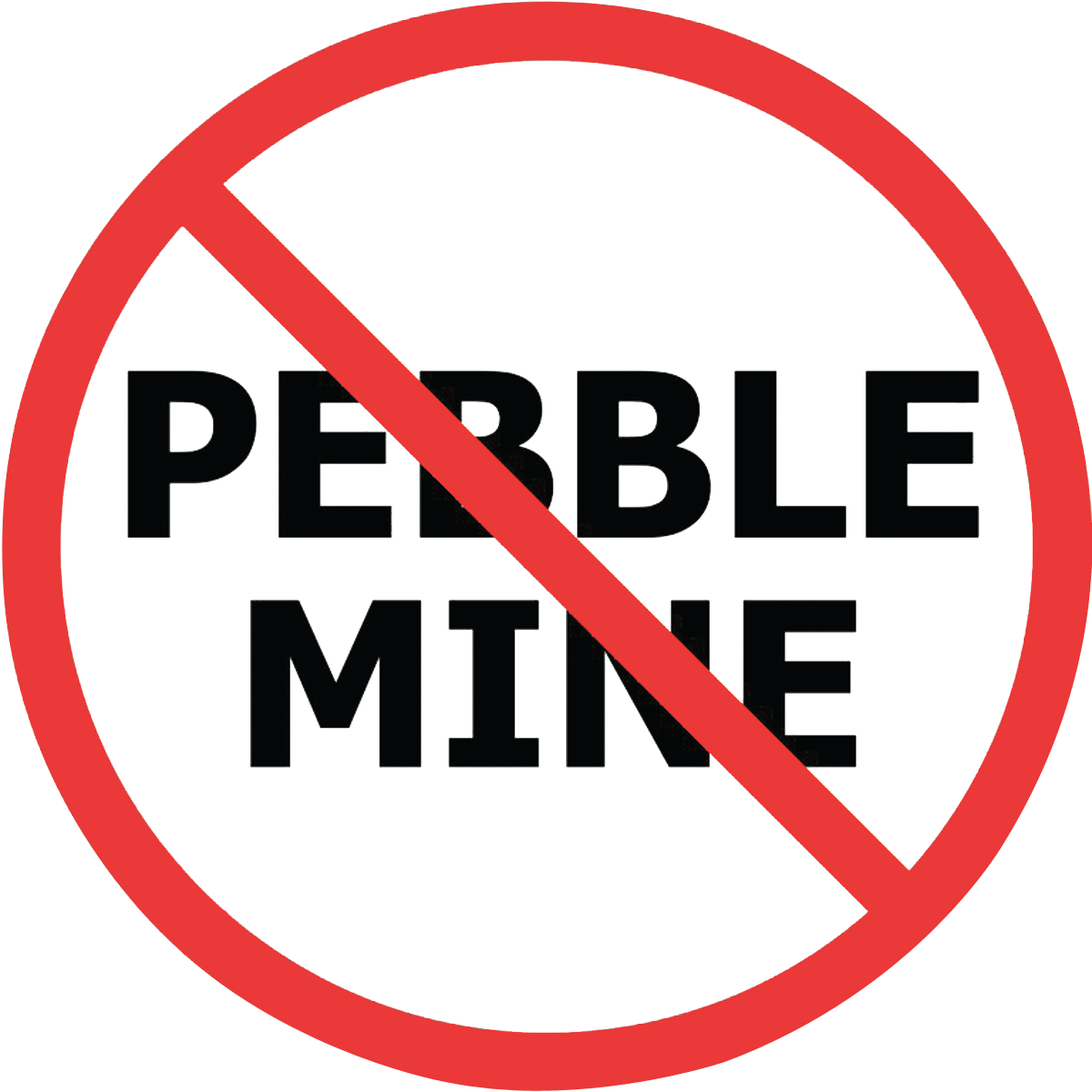August 26, 2009
Anchorage Daily News
ELIZABETH BLUEMINK
Groups seek mining ban across Bristol Bay watershed
BLM LAND: They fear industry will harm salmon-rich rivers in region.
By ELIZABETH BLUEMINK
ebluemink@adn.com
Published: August 26th, 2009 12:03 PM
A coalition of sportsmen groups, businesses and conservation groups are petitioning the Obama administration to block mining on federal land in the Bristol Bay watershed -- home to some of the world's most productive salmon streams.
The groups on Wednesday sent a letter to Interior Secretary Ken Salazar, asking him to reject a plan from the final months of the Bush administration that, among other things, would open roughly 1 million acres in the Bristol Bay region to potential mining and oil and gas leasing.
The change in the land's status, proposed last November, awaits Salazar's approval and must undergo additional legal scrutiny before anyone could stake a mining claim or purchase oil and gas leases there.
"It's at the secretary's discretion at this point," said Theresa McPherson, an Alaska spokeswoman for the federal Bureau of Land Management.
The main reason the BLM plan has created such an outcry is that opponents fear it could foster creation of a large, industrial mining region, a scenario that federal officials and some private geologists have said is unlikely.
Most of the affected land is in the same two river drainages as Pebble, the giant copper and gold mining prospect north of Iliamna. Pebble is located miles upstream of the BLM land, but it straddles the headwaters of the two rivers, the Nushagak and Kvichak. The Nushagak has the state's biggest king salmon run and the Kvichak has the largest sockeye salmon run.
Pebble sits on state land and won't be affected by Salazar's decision.
Bristol Bay's salmon fisheries generate millions of dollars for the sport and commercial fishing industries, according to Trout Unlimited, the group that spearheaded Wednesday's letter campaign. Its letter was signed by more than 200 sportsmen groups and companies in Alaska and the Lower 48.
It would be incompatible to permit large-scale mining in the same area as the fisheries and Salazar shouldn't allow it, said Brian Kraft, who owns two sport-fishing lodges in the region and works for Trout Unlimited. He is a long-time opponent of the Pebble project.
Jason Brune, who heads one of the state's pro-development trade groups, the Anchorage-based Resource Development Council, said it's frustrating to see groups still protesting BLM's decision "after the fact." Closing U.S. land to mining means the minerals used to make anglers' fishing hooks or commercial fishing boats will come from places with looser environmental rules, he said.
The companies involved in Pebble have said that they believe large-scale mining and the region's world-class fisheries can coexist.
The BLM doesn't anticipate any large-scale mining on the land it proposed to open, however.
The agency said last year, when it issued its land management plan for Bristol Bay, that the 1 million acres didn't appear to contain valuable resources, based on its analysis of the available geological data.
So why open it?
The BLM said the original purpose for closing the land has evaporated. Throughout Alaska, large swaths of federal land were closed to mining and oil and gas leasing due to the 1971 Alaska Native Claims Settlement Act, the federal law that created Alaska's Native corporations. No one was allowed to stake mining claims or drill for oil and gas on this land until the new Native corporations had selected land from federal holdings in their regions. Under the Alaska Statehood Act, which Congress passed in 1958, the state also selected its own share of federal land, including the land that the Pebble deposit sits on.
The corporations and the state have since laid claim to the most resource-rich federal land, and the decades-long selection process is almost over, according to the BLM.
Trout Unlimited staff said they doubt whether BLM's analysis of the land's mineral potential was robust enough.
"We're talking about an area adjacent to one of the most mineralized areas on the planet," said Chris Wood, the group's chief operating officer, noting its proximity to Pebble. Most of the federal land is 40 miles or farther from Pebble.
If the land doesn't have strong mineral potential, the agency has no good reason to open it to mining, he added.
Other signers of the letter include the National Wildlife Federation, American Sportfishing Association, American Fly Fishing Trade Association, nine international groups, 47 Alaska groups and groups from other states.
The Bristol Bay region is just one of many places in Alaska where the BLM has recommended ending the restrictions on mining and oil and gas leasing. Last year, the agency proposed lifting such closures on roughly 21 million acres it manages from Southeast Alaska to the Interior.
Salazar has not yet acted on any of those proposals.
Find Elizabeth Bluemink online at adn.com/contact/ebluemink or call 257-4317.
